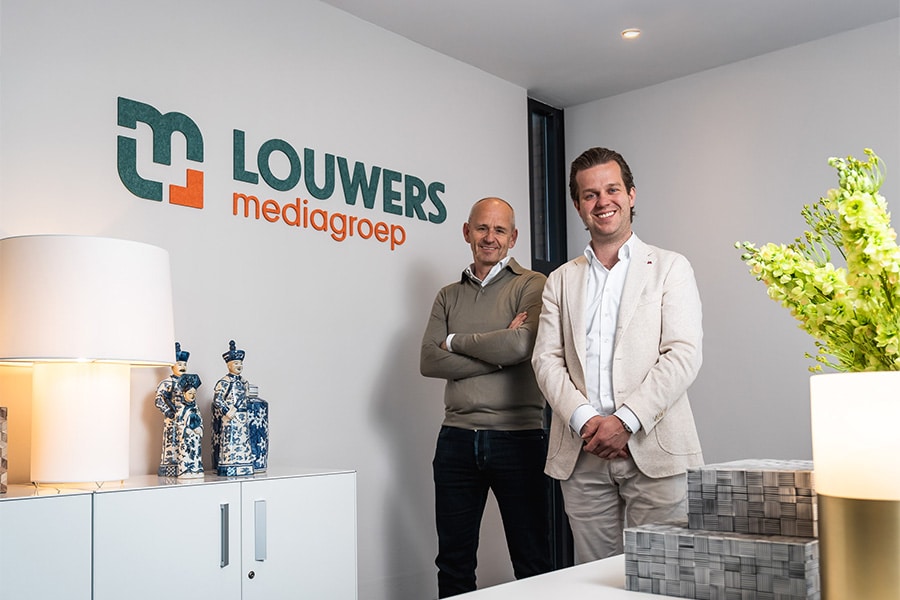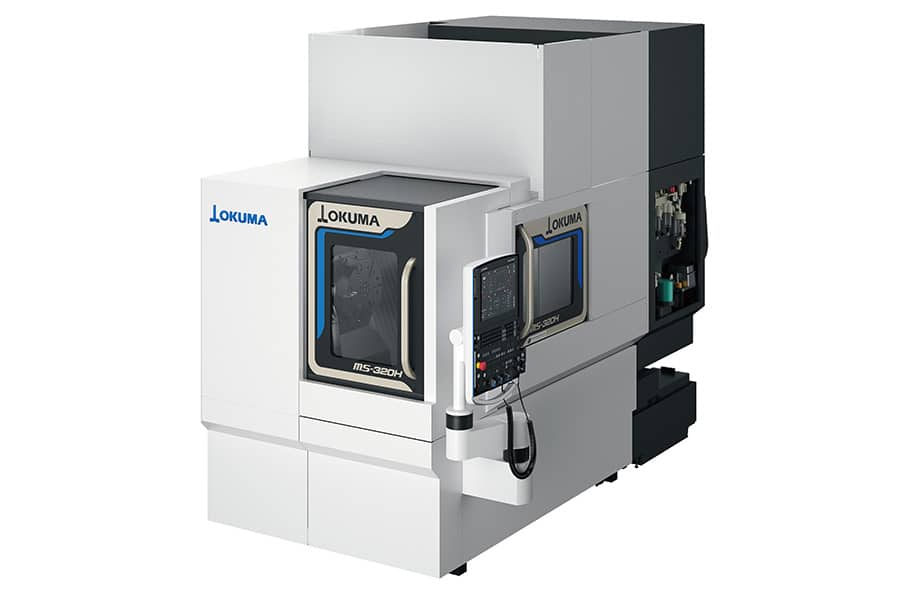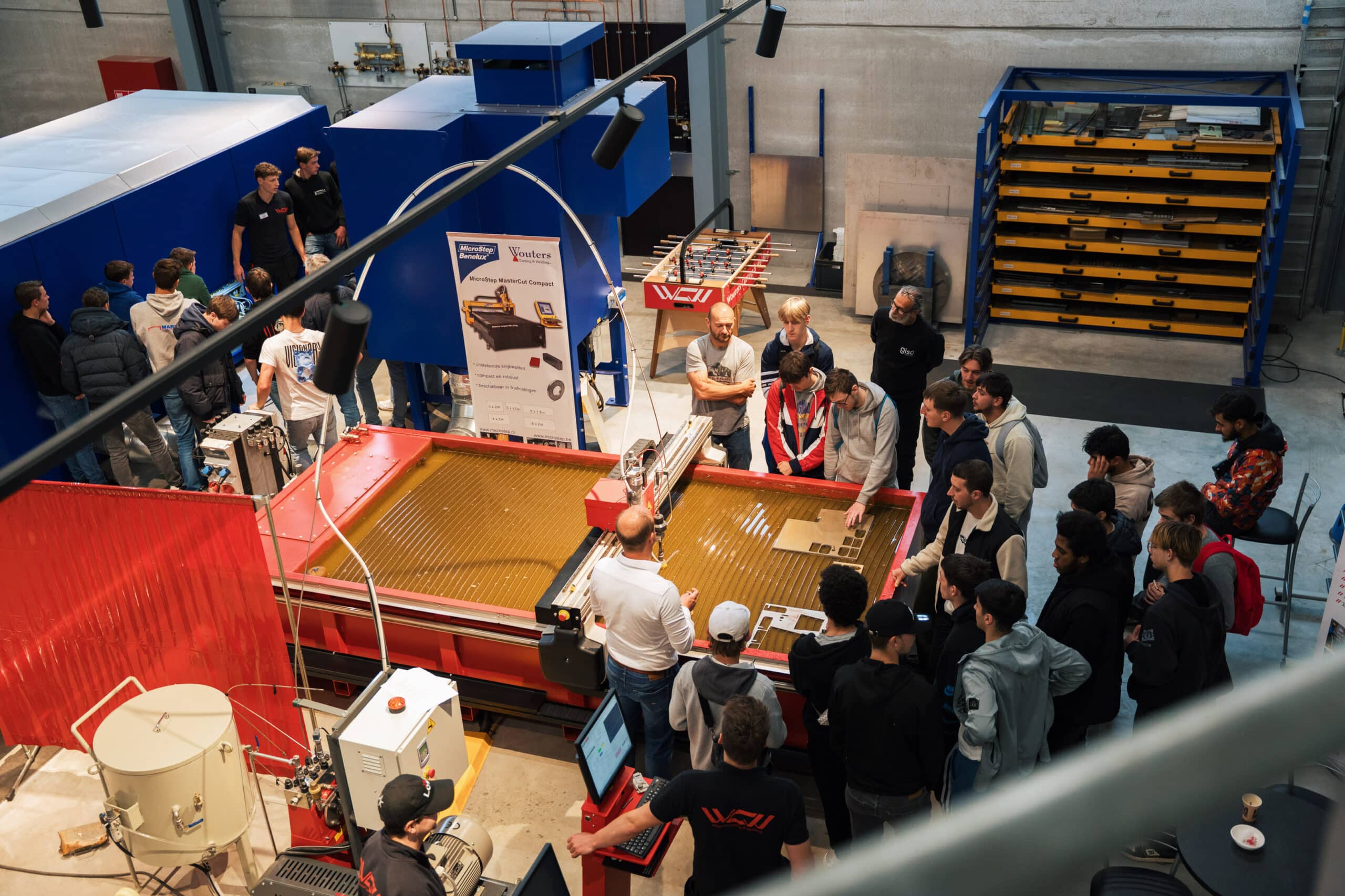
Cleaning stainless steel surfaces with Pelox stains
Metals such as stainless steel and aluminum are frequently used in machinery for the food industry, among others. Because hygiene plays a major role in this branch, the cleaning of these metals is an important issue for machine builders. Sir John supports this with a complete package of Pelox products, but also supplies an installation to clean the inevitably produced waste water in-house. After all, CSR is not just a term. A pickling product is a highly aggressive product with which to treat metal surfaces - including stainless steel and aluminum. For example, from corrosion and rust products but also from discoloration resulting from welding operations. After the pickling process, the metal is rinsed off.
Pickling
For pickling stainless steel surfaces, Sir John has built up an impressive program of pickling agents from the renowned company Pelox. This consists roughly of pickling pastes, spray pickles and bath pickles. Pelox is one of the larger manufacturers in Europe that, among other things, has its own pickling hall and laboratory. This makes it not only a manufacturer and supplier of pickling products but also a company with in-depth knowledge about the pickling process. Moreover, always ready to offer advice and directly accessible to all Sir John's customers for customized solutions.
Pickling paste
The series Pelox TS Pickling Paste removes run-on colors, rust particles and discolorations at the weld seam and in the so-called HAZ (heat affected zone). These pastes are intended only for pickling welds and are not suitable for cleaning larger surfaces.

Spray stain
The spray stains SP-K from the program are just that. With them, surfaces can be cleaned of run-on colors, rust particles and discolorations at the weld seam and in the HAZ. The addition of a color indicator makes it easy to control the spraying process so that the coating can be applied very evenly. Another important function of the indicator is the encapsulation of toxic gases produced during pickling. This also prevents nitrite formation in wastewater. The most commonly used spray stain is the SP-K 3000. This product is suitable for pickling all types of austhenic stainless steel and results in an even pickled surface free of clouds and stains, especially for AISI 1.4301.

Bath stain
Pelox Bath stain differs from the previously mentioned products in that it is used in baths, circulation systems and for atomization. During transport, storage and processing, the resulting contaminants that have been pressed into the surface are removed. Pickling times depend on the material, the temperature of the pickling bath, the workpiece and the condition of the pickling liquid.Finally, Sir John offers a passivating agent from Pelox that - after pickling - allows an even, fine oxide layer to form on the product. The passivants are suitable for pumping around and also serve as cleaning agents.

Wastewater treatment
Producing wastewater during staining operations is unavoidable. However, responsible companies ensure that wastewater is properly disposed of for processing (an expensive business) or clean it themselves. In-house cleaning is possible through one of the semi-automatic water treatment plants of the Ecomatic series. With these installations in combination with flocculation products, the in-house rinse water can be made suitable for discharge or reuse. The entire process is run automatically based on values set on the PLC. The production of the installations is completely in-house so Sir John can tailor them completely to the needs and situation of a specific customer. Capacities range from 200 - 5,000 liters per batch.
Heeft u vragen over dit artikel, project of product?
Neem dan rechtstreeks contact op met Sir John.
 Contact opnemen
Contact opnemen



